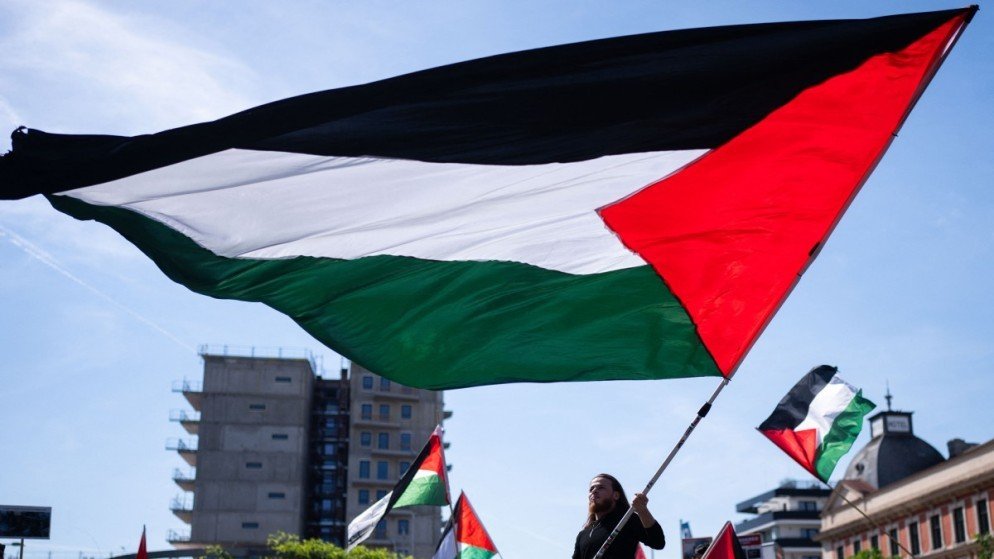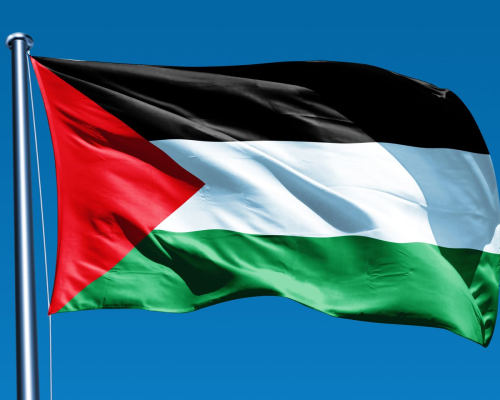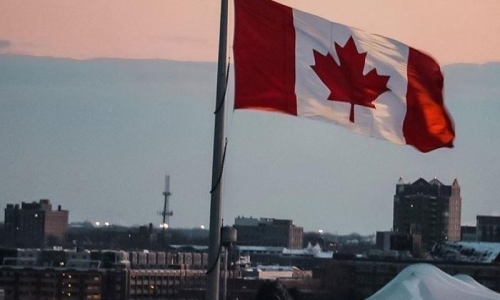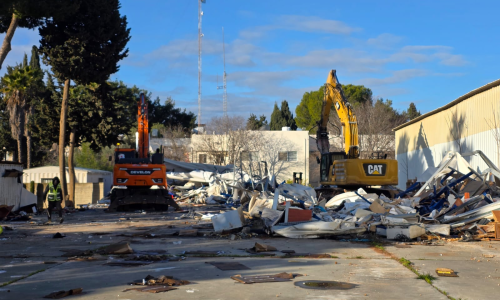By Taghreed Saadeh
For over seven decades, resistance has been at the heart of Palestinian national identity and a cornerstone of the struggle for liberation from occupation. Yet in recent years, it has faced a growing internal threat: partisan appropriation- when resistance is reduced to the actions of a single faction and repurposed as a means of control, rather than upheld as a collective path to liberation. This is precisely what Hamas has done.
Palestinian resistance has never belonged to a single group or ideology. It has included nationalists and Islamists, secularists and religious figures, women and youth, villagers, city dwellers, and refugees. It was once an inclusive umbrella for the dream of freedom and the right of return. But since Hamas seized control of the Gaza Strip in 2007, resistance has been reframed as a factional privilege rather than a unifying national project.
The repeated wars on Gaza-especially since October 7, 2023-have brought fundamental questions back to the surface: What is the purpose of these confrontations? What has been achieved after the re-occupation of Gaza, the displacement of its people, and the killing of tens of thousands? What have been the consequences of Hamas’s unilateral control and its role in perpetuating division since 2007?
Despite Hamas’s rhetoric of “comprehensive resistance,” the movement issued a political document in 2017 in which it accepted a Palestinian state along the 1967 borders-without recognizing Israel. While this marked a shift in discourse, it occurred outside the framework of national consensus and without any coordination with the Palestine Liberation Organization (PLO), the sole legitimate representative of the Palestinian people. Rather than fostering national rapprochement, it deepened political and institutional fragmentation.
Although Hamas continues to present itself as the vanguard of resistance on behalf of the people, the reality on the ground in Gaza reveals growing public discontent with its rule-amid siege, poverty, repression, and the absence of transparency or accountability.
After more than 21 months of war, Palestinians face a devastating reality: over 35,000 killed, hundreds of thousands wounded, millions displaced, and widespread destruction. Yet Hamas has offered no serious political review or internal accountability- only a rhetoric of “victory” that contrasts sharply with the people’s suffering. The toll of war is borne by civilians, while political calculations remain unchanged.
Reviving the spirit of Palestinian resistance requires genuine national unity—one that restores the collective liberation project and reclaims resistance as a popular, inclusive, and democratic act rather than a partisan instrument.
What is needed today is not the multiplication of armed factions, but a diversity of tools united under one national banner.
What is needed is not a fragmented authority of “de facto power,” but a renewed horizon of resistance rooted in partnership, dignity, and sovereignty.
Only through unity in decision-making and on the ground can resistance reclaim its true meaning, Palestine regain its direction, and the people restore their faith that they resist to live—not to die so that Hamas may survive.








